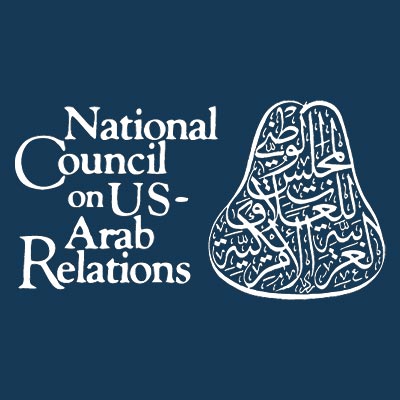Qatar expels Lebanese after GCC Hezbollah decision
Source: Khaleej Times (Read full story)
At least 18 Lebanese citizens have been expelled from Qatar, a government source in Beirut said on Thursday, after the Gulf Cooperation Council pledged to act against members of Lebanon’s Hezbollah movement. “Eighteen Lebanese have been expelled from Qatar, in the wake of the GCC decision,” the source said on condition of anonymity, saying it was not clear if they were Hezbollah members. On June 10, the GCC, to which Qatar belongs, said it would implement measures affecting the “residency permits and financial and commercial transactions of Hezbollah” in response to the group’s involvement in the conflict in Syria.
…
Kuwait to hold election on July 25 – Sixth parliamentary vote in seven years
Source: Kuwait Times (Read full story)
Kuwait will hold its sixth parliamentary election in seven years on July 25, a snap vote ordered by its top court after the current assembly was dissolved earlier this week in another sign of political turmoil in the Gulf Arab state. Almost constant factional infighting and disarray has stalled infrastructure development and held up economic reforms in Kuwait, an important oil producer and US ally. On Sunday opposition supporters lost a legal fight to undo changes to the voting system they said favor progovernment candidates – a dispute which aggravated political tensions.
…
Saudi offers qualified support to Rowhani
Source: The Peninsula (Read full story)
Saudi Arabia, a Gulf rival of Iran, wants Iranian President-elect Hassan Rowhani to seek stability in the Middle East and avoid interfering in other states’ affairs, a Saudi official was quoted as saying yesterday. “If that is what Rowhani aims for, then we support him and bless this position,” Al Watan newspaper quoted Foreign Ministry undersecretary Prince Turki bin Mohammed as saying. Saudi Arabia, the world’s top oil exporter and a leading Sunni Muslim power, has tense ties with Shia Iran, notably over the war in Syria, where they back opposing sides, political unrest in Bahrain and the dispute over Iran’s nuclear programme.
…
F1 plot women suspects testify
Source: Gulf Daily News (Read full story)
Two women accused of being part of a terrorist plot to attack the Formula One race and being members of a terrorist organisation testified yesterday as they appeared before a remand judge. Bahrainis Nafessa Al Asfoor, 31, and Rihanna Salman, 38, are charged with being part of the “February 14” organisation and withholding information on terrorist activities from police. They have already spent 60 days in custody and were yesterday remanded for another 45 days while investigations continue. The two women were arrested for allegedly plotting to attack the Gulf Air Bahrain Grand Prix in April.
…
GCC armed forces must share more intelligence
Source: The National (Read full story)
Defense and security experts have joined the GCC secretary general in voicing their support for the region to develop its military strategies on information collection and analysis. Earlier this year, Dr Abdullatif Al Zayani said the GCC was politically united and called for the military to follow suit to achieve an advanced level of command and control, communications, cyber defence, intelligence gathering and surveillance and reconnaissance capabilities. “GCC countries have to be able to be integrated to share intelligence and information and be ready to work together at a higher and more complete level,” he said.
…
Friends of Syria’ meeting in Doha to discuss aid for rebels
Source: Khaleej Times (Read full story)
Foreign ministers of the “Friends of Syria” group meet in Doha on Saturday to discuss military help and other aid for rebels after an onslaught by government forces who have retaken key areas. The meeting will address in a “concerted, coordinated and complementary manner” the concerns raised by the opposition’s military chief, Salim Idriss, during a “Friends of Syria” meeting in Ankara last Friday, a French diplomat said. The rebels had notably asked for anti-tank and anti-air missiles to fight the regime forces. Western aid for them so far has been confined to non-military equipment like sophisticated communications materiel.
…

